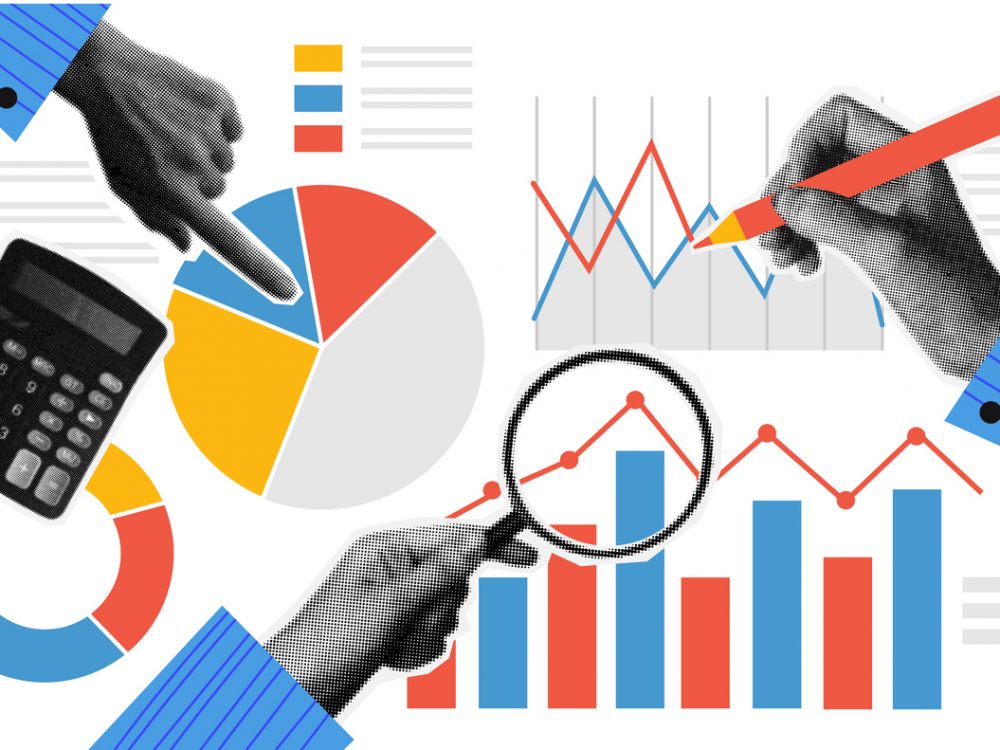A Data Revolution from the Inside Out
The eight Millennium Development Goals are targeted for completion in 2015, and the Sustainable Development Goals (SDGs) will be the world’s new targets. These SDGs necessitate a “Data Revolution,” and every organization needs to start laying the groundwork now for a successful future.
If you do a Google Search of “SDG data revolution”, articles like Funding the Data Revolution, Igniting the Data Revolution, and the UN Data Revolution Group will appear in your search results. But all of these overlook a major question: Do organizations working with the Sustainable Development Goals have the capacity to work with this data revolution?
According to McKinsey & Company, probably not. The United States alone faces a shortage of 140,000 to 190,000 people with analytical expertise, and a shortfall of 1.5 million managers and analysts able understand and make decisions based on big data. This is especially worrying as organizations involved in the Data Revolution – from top to bottom – will need to analyze and interpret data to ensure SDG success.
Instead of focusing on external data revolution projects, organizations should be focusing on their internal capacity to do analysis. This can be done in part by investing more in the field of data science.
A hot topic in the public and private sectors, data science is the discipline of extracting knowledge from data. Thanks to recently developed techniques, organizations can now look at old problems and get new insights and more informative results. What’s more, we’re in a Golden Age of resources for learning data science inside and outside of the classroom. There are several Massive Open Online Courses (MOOCs) related to data science, guides for using Excel (which can conduct most statistical analyses), as well as open source tools like R and Python (with accompanying active communities and advanced statistical packages).
Who in your organization should care about data science? Everyone. Project Managers (PMs) need to be comfortable with conducting analyses – gone is the time when individuals can just to pass information to another person to analyze. While dedicated data scientists and analysts could crunch numbers all day, they’re not domain experts – PMs are the ones who know where to look for useful insights. As Ram Charan covers in this article, data science is changing the way end users (or program beneficiaries) interact with programs, and understanding this feedback is key to organizational success. Basic numeric literacy is fast becoming as important as textual literacy.
For the data revolution to become a meaningful contributor to the SDGs, organizations need to ensure their staff understand basic statistics and analysis – otherwise, the investment in data will have a reduced payoff, programs will underperform, and we will fall short of our goals for the next 15 years.
Image from benedikt koehler CC-BY NC 2.0.
Share This Post
Related from our library

From Data to Impact: Why Data Visualization Matters in Agriculture
This blog explores why data alone isn’t enough; what matters is turning it into usable insights. In agriculture, where decisions have lasting impacts, user-friendly tools help farmers and policymakers alike make better choices.

Harnessing the Power of Data: Tackling Tobacco Industry Influence in Africa
Reliable, accessible data is essential for effective tobacco control, enabling policymakers to implement stronger, evidence-based responses to evolving industry tactics and public health challenges. This blog explores how Tobacco Industry strategies hinder effective Tobacco control in Africa, and highlights how stakeholders are harnessing TCDI Data to counter industry interference.

Economic Toll of Tobacco-Related Diseases in Kenya: New Research Findings
Development Gateway: An IREX Venture (DG) is pleased to announce the publication of a research manuscript on the Economic Costs of Tobacco-Related Illnesses in Kenya. This research was carried out as part of the Tobacco Control Data Initiative (TCDI) activities in Kenya and is part of a broader report on Morbidity and Mortality from Tobacco Use in Kenya.